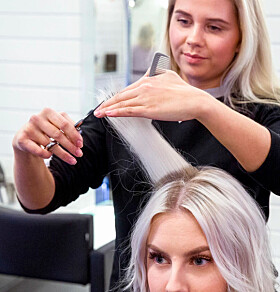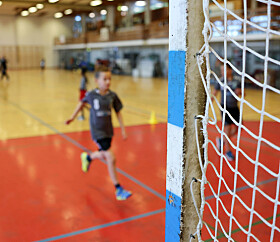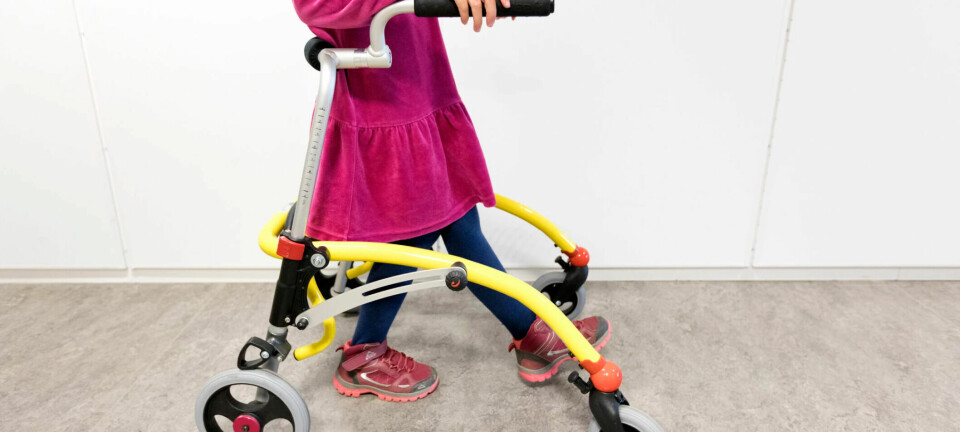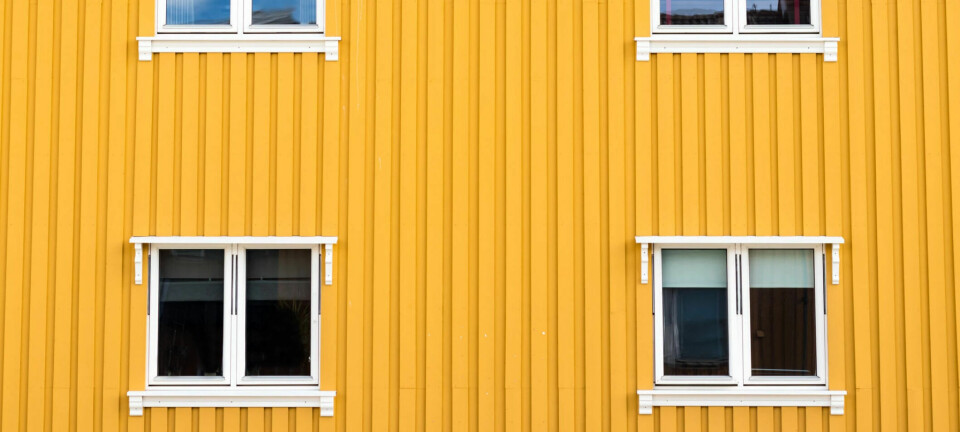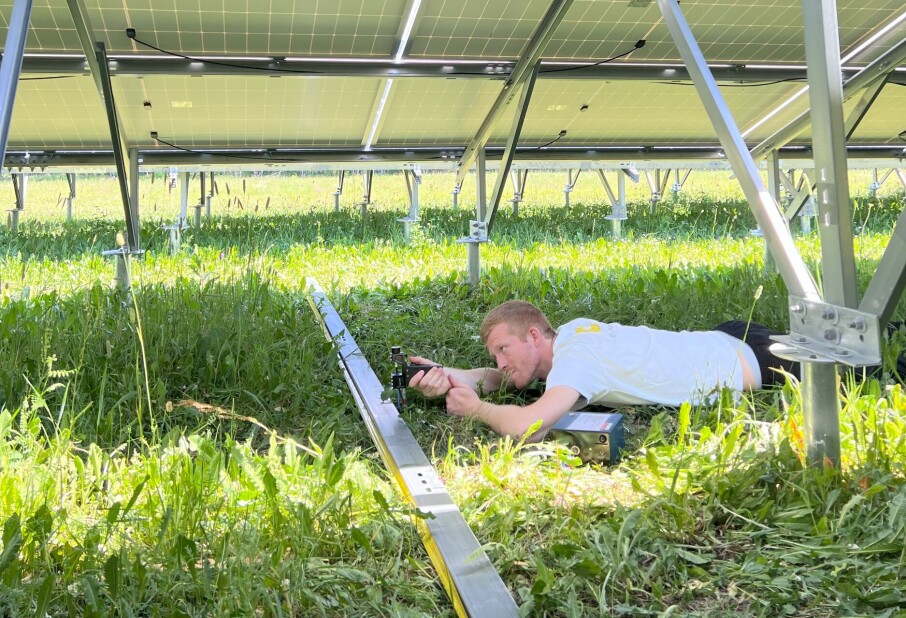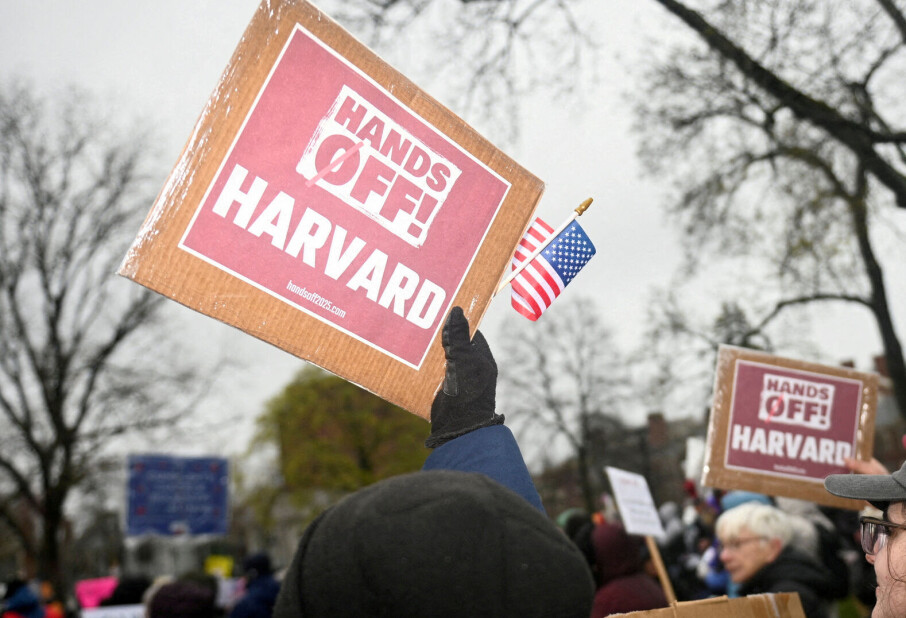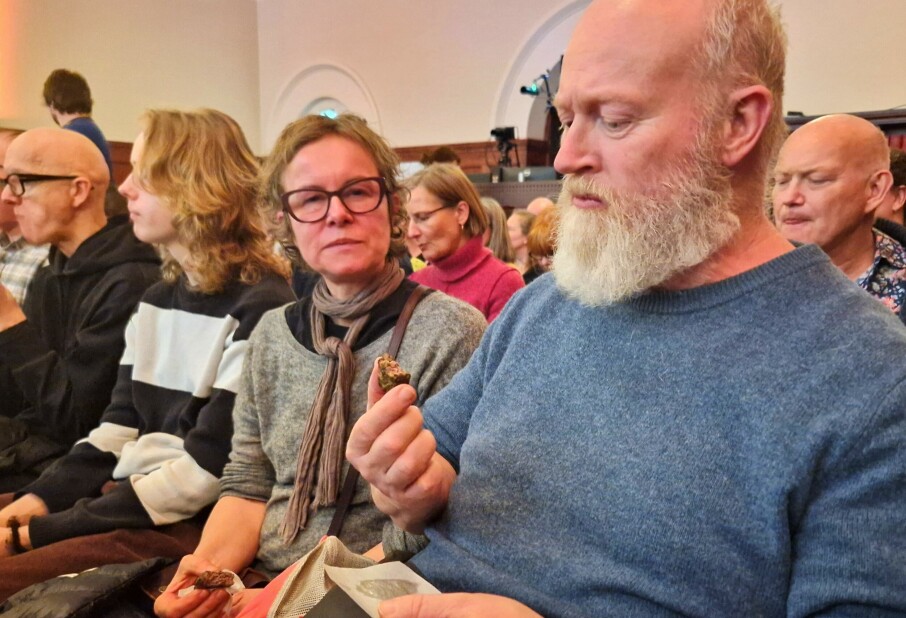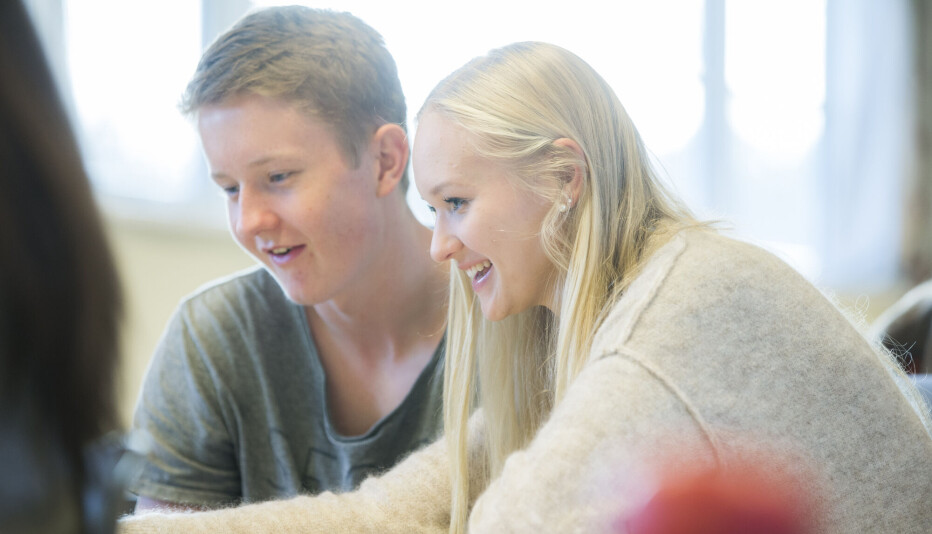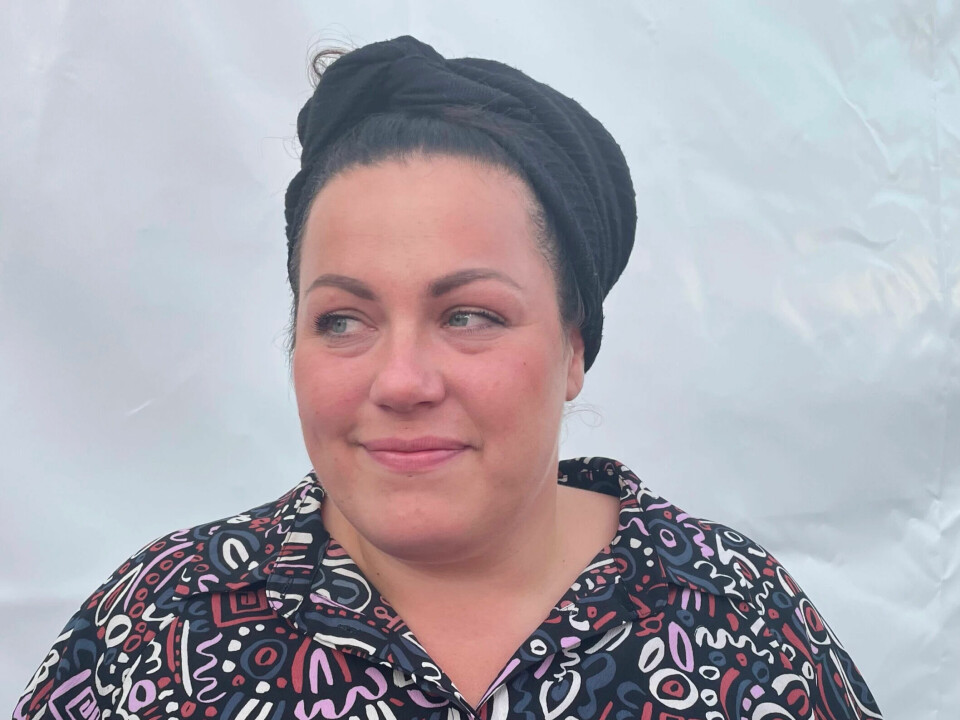
Kaisa grew up in a poor family and became poor herself. Why is poverty inherited?
Kaisa Hansen-Suckow was born into a poor family. She herself started her adult life as poor.
Research shows that poverty is often inherited.
Why is that?
Kaisa Hansen-Suckow has written the book Oss mot verden (Us against the world) and made a documentary based on her own experiences growing up in poverty. She has several explanations.
One of them is that poverty leads to exclusion.
“When I was a little girl and thought about what I would become when I grew up, I didn't know who to compare myself with. I had a very small circle of friends and few trustworthy people to confide in,” she says.
The world became very scary and threatening, she recounted at a recent meeting on poverty.
As she got older, she thought: “Are there people like me who don't live on welfare?”
Most viewed
No content
She grew up with a mother who was the sole provider.
Today, Hansen-Suckow has a master's degree and works in Kristiansand municipality in Southern Norway.
She and her family have now managed to escape poverty.
Need for resource persons
Kjetil Grimastad Lundberg, a sociologist and professor at the Western Norway University of Applied Sciences, tells sciencenorway.no that there are multiple factors that can prevent people from escaping poverty.
He is very familiar with what Hansen-Suckow describes from his and others' research on poverty.
One American study of children growing up in working- and middle-class families shows significant differences.
Working-class parents have an attitude that things will probably work out for the children. Middle-class parents invest more in their children, raising them is a project.
As the children grow up, there are significant differences in the social resources they have acquired from childhood. Children from working-class families have less experience and resources when they have to fend for themselves.
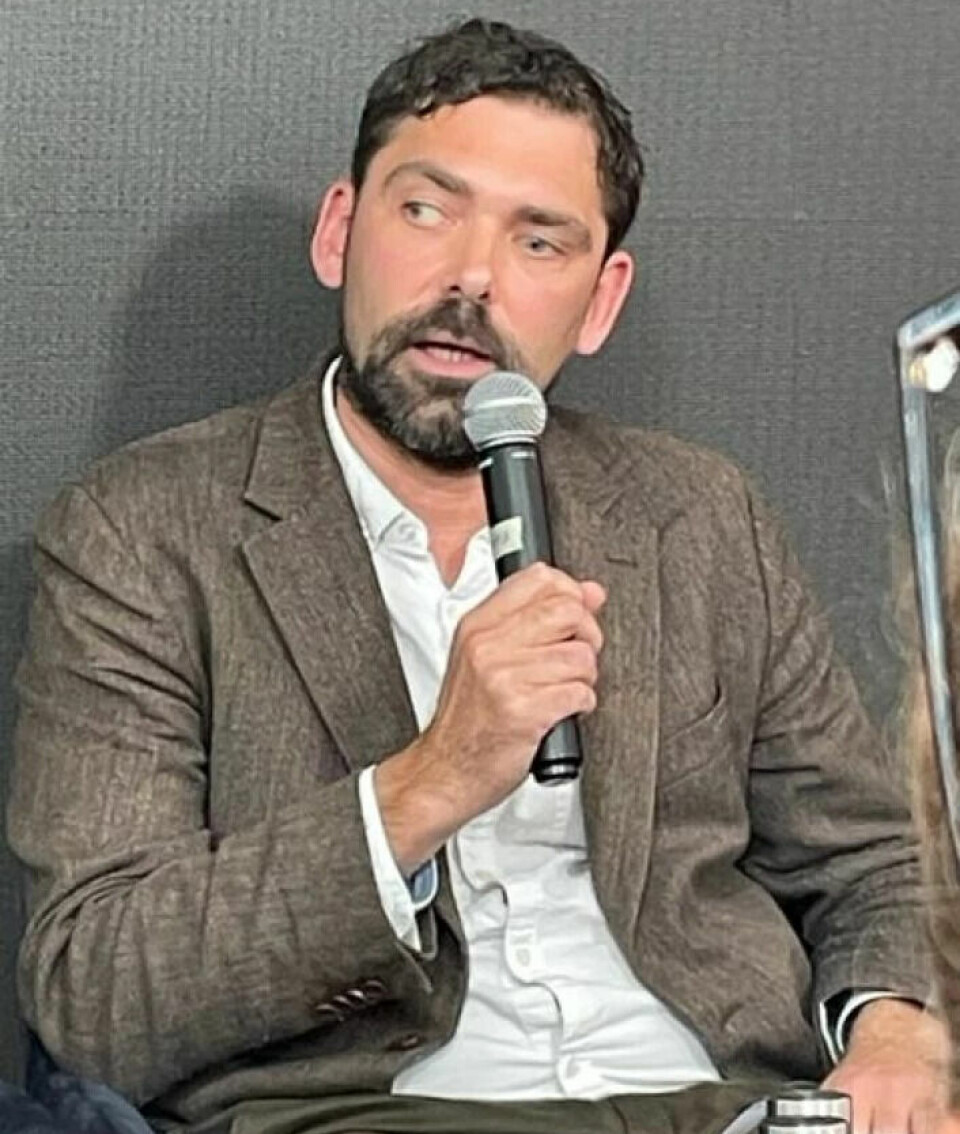
This research shows that social inequality has a major impact on the transition from child to adult, and in the life chances and opportunities they receive, Lundberg believes.
“The research also shows that those children who achieve social mobility often have had another resource person around them to provide the help that parents in middle-class families provide. It could, for example, be a teacher, a football coach, or an uncle,” he says.
Huge ambitions
It was this realisation that experts in Kristiansand municipality based their project Nye mønstre – trygg oppvekst (New patterns – safe upbringing) on in 2019.
Lundberg and many other researchers from the Western Norway University of Applied Sciences, NORCE, the University of Agder, and the University of Bergen are conducting follow-up research on this innovation project.
The first results are starting to come.
“This is exciting. The people behind the initiative have huge ambitions. Namely, to break a pattern where poverty is passed on from one generation to another,” he says.
The project and the follow-up research involve around 200 families in Kristiansand and several municipalities in Agder, as well as Stavanger municipality.
“We recognise that intervention needs to start early in the child's life, as these families often have a range of complex needs,” he says.
Family coordinators
The families have therefore been offered a family coordinator who is responsible for coordinating the help the family needs. This person must follow them for up to five years.
The coordinator will, among other things, help them with contact with the school, the Norwegian Labour and Welfare Administration (NAV), and the healthcare system. They can also drive them to the doctor or arrange children's birthday parties.
When a young person who is born into a family living with persistent low income sets out into the world on their own, there is a lot at stake.
In that case, the coordinator is the resource person who can assist in finding a small apartment, for example.
Believes in the project
Kaisa Hansen-Suckow believes in this project.
“When you are dependent on social services, you have to share so much sensitive information with many different people. When I myself needed help, it was always a dream for me to enter one door and deal with only one person. And that’s exactly what this project is trying to do, namely to coordinate the help,” she says.
She thinks the initiative carries an implicit critique of the system.
“We have made the support systems so complex that we need someone to interpret them for people,” Hansen-Suckow says.
Many are struggling financially
According to researchers at OsloMet, more Norwegians are now facing financial challenges. A report shows that 18 per cent of Norwegian households said they were struggling financially in March 2023. In 2021, the proportion was seven per cent.
The term ‘new poor’ is used for those who previously did not have significant financial challenges, but who are now struggling due to rising prices and high inflation.
“They have helped us ‘old poor’. Now this concerns many more people. It may help put poverty more on the agenda,” Hansen-Suckow believes.
Researcher Kjetil Grimastad Lundberg hopes that happens. More people should become aware that those living on public benefits are in a very tight financial situation, he believes.
“I don’t believe in a turning point in this debate, but I am cautiously optimistic. It may become possible to talk about poverty in a different way than we have in the last decade,” he says.
Lundberg has conducted a study on how Norwegian media wrote about welfare recipients from 2010 to 2019.
“During this period, there was a narrow scope for what you could say about your own experiences before you faced criticism. The stigma is strong,” he says.
A secret code
Hansen-Suckow knew from an early age that there were differences between people.
“My mum told me that,” she says.
In addition, there is a secret code among the poor. You shouldn't talk about it to others. It pays to keep quiet. Because poverty is so closely linked to morality, she believes.
“Poor care, substance abuse, laziness, and stupidity are words that are closely related to the word poverty,” she says.
As a child, she lacked the language to express her experiences of being poor.
“We didn't talk about poverty as something that existed in Norway in school. I was therefore unable to identify with the poor. They existed somewhere else in the world,” she says.
At the same time, she grew up with a feeling that she and her family were different.
“I learned quite early that society at large was prejudiced against the poor. I therefore began to look for signs and symptoms in myself and my family that we were stupid, that we had ourselves to blame for being poor in the world's richest country,” Hansen-Suckow says.
———
Translated by Alette Bjordal Gjellesvik.
Read the Norwegian version of this article on forskning.no








